Reducing the amount of carbohydrates you eat is one of the best ways to lose weight.
This way, you will reduce your appetite and trigger automatic weight loss without the need to count calories.
Why should you eat less carbs?
The Dietary Guidelines recommend that carbohydrates provide 45 to 65% of daily caloric intake. So if you're eating 2, 000 calories, you should aim for about 225 to 325 grams of carbs per day.
But if you want to lose weight, you'll get much faster results by eating around 50 to 150 grams of carbs.
In fact, a low-carb diet is much more effective for weight loss than a high-carb diet. This diet restricts the intake of carbohydrates such as sugars and starches (bread, pastries, etc.) and replaces them with proteins, fats and healthy vegetables.
Research shows, that reduced carb diets reduce your appetite and make you eat fewer calories and lose weight very easily.
A low-carb diet also has benefits, which go beyond weight loss. It lowers blood sugar, blood pressure and triglycerides.
How to estimate your carbohydrate needs
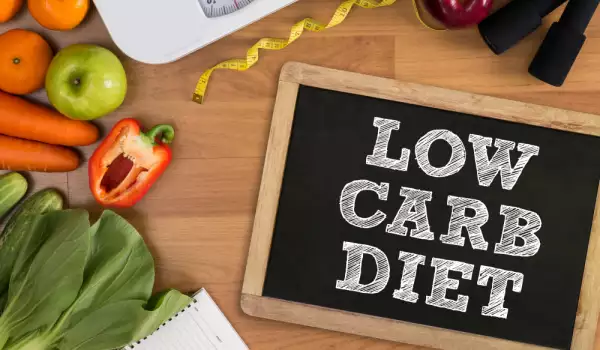
There is no clear definition of exactly what a low-carb diet is and what is "low" for one person may not be "low" for another.
Optimal carbohydrate intake depends on age, gender, body composition, activity levels, personal preferences, dietary culture and metabolic health.
People who are physically active and have more muscle mass can tolerate much more carbohydrates, than people who lead a less active lifestyle.
Metabolic health is also a very important factor. When people have impaired metabolism, the rules change. People who fall into this category cannot tolerate the same amount of carbohydrates as those who do not have this disorder.
Determine your daily carbohydrate intake
If you simply remove the unhealthiest sources of carbohydrates from your diet, refined wheat and added sugars, then you will be well on your way to improving your health.
However, to enjoy the full metabolic benefits of low-carb diets, you must also limit other sources of them.
Although there is no scientific article, which explains exactly how to tailor carbohydrate intake to individual needs, there are some guidelines for amounts, which are very effective.
- 100-150 grams per day
This is more than a "moderate" carb intake and very suitable for people who are moderately active and trying to stay healthy and maintain their weight.
Carbs, which you can eat:
- All vegetables;
- Three-four fruit a day;
- Moderate amounts of healthy starchy foods such as potatoes, sweet potatoes, rice and oats.
- 50-100 grams per day
This range is great if you want to lose weight effortlessly while still allowing some carbs in your diet.
Carbs, which you can eat:
- Lots of vegetables;
- 2-3 fruit per day;
- Minimal amounts of starchy carbohydrates
- 20-50 grams per day
This is the variant, where the metabolic benefits can really be felt. It is ideal for people who need to lose weight fast or are obese or have diabetes.
When you eat less than 50 grams of carbohydrates per day, your body will enter ketosis, supplying energy for the brain through so-called ketones. It will probably kill your appetite and make you lose weight automatically.
Carbs you can eat:
- Lots of low-carb vegetables;
- Berries, or with just a little cream (delicious);
Watch out for carbs from other foods like avocado, nuts and seeds.
Note that a low carb diet is NOT carb free. There is room for many low-carb vegetables such as kale, spinach, broccoli, peppers, and more.
It is important to experiment
We are all unique and what works for one person may not be effective for another. It's important to do some self-experimentation and find out what works for you.
If you have a medical condition, be sure to check with your doctor before making any changes, because this diet can dramatically reduce your need for medication.
Good Carbs, Bad Carbs
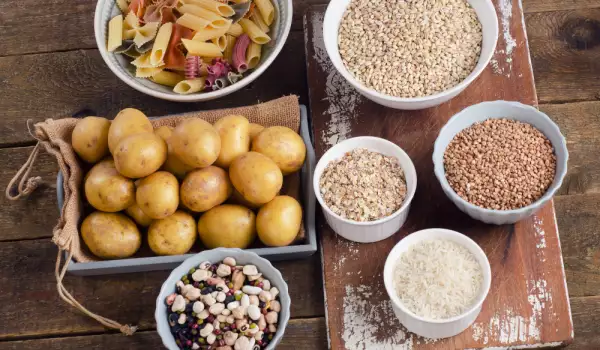
A low carb diet is not just about weight loss, it should also improve your health. For this reason, it should be based on natural and unprocessed foods and healthy sources of carbohydrates.
If you want to improve your health, choose unprocessed foods: meat, fish, eggs, vegetables, nuts, avocados, healthy fats and full-fat dairy products.
Choose carbohydrate sources that include fiber. If you prefer "moderate" carbohydrate intake, try to choose unrefined sources such as potatoes, oats and brown rice.
Added sugar and refined wheat are always bad options and should be limited or avoided.
You will burn fat much easier
Low-carb diets significantly reduce blood levels of insulin, a hormone, which transports glucose (from carbohydrates) into cells.
One of the functions of insulin is to store fat. Many experts believe that the reason low-carb diets work so well is because they reduce levels of this hormone.
Another thing insulin does is "tell" the kidneys to store sodium. This is why high-carb diets cause excessive water retention.
When you reduce carbs, you reduce insulin and the kidneys start releasing excess water. People usually lose more weight in the first few days on a low-carb diet.
Weight loss will slow down after the first week, but this time the fat will begin to decrease and the weight loss will be from fat.
If you are starting a low-carb diet for the first time, you will most likely have to go through an adaptation phase where your body will get used to burning fat instead of carbohydrates.
This is called the "low carb flu" and usually ends within a few days. After this initial phase is over, many people report having more energy than before, without the "afternoon slumps" that are common with high-carb diets.
Finally, one of the great benefits of low-carb diets is that they're ridiculously easy.




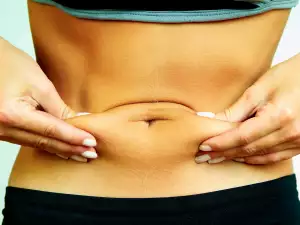









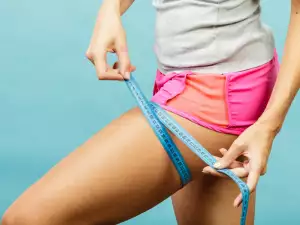
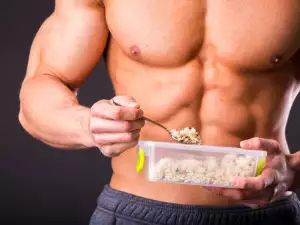




Comments